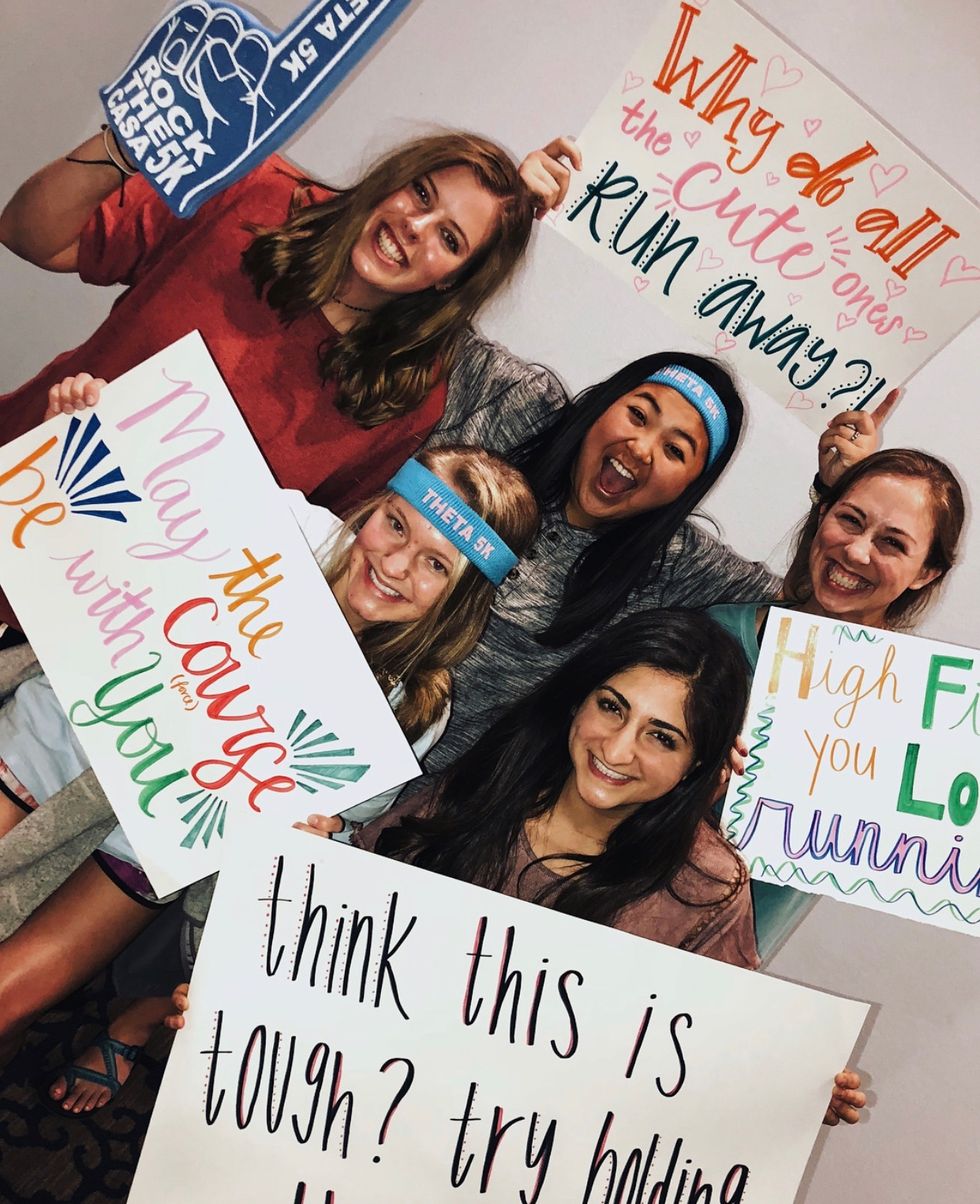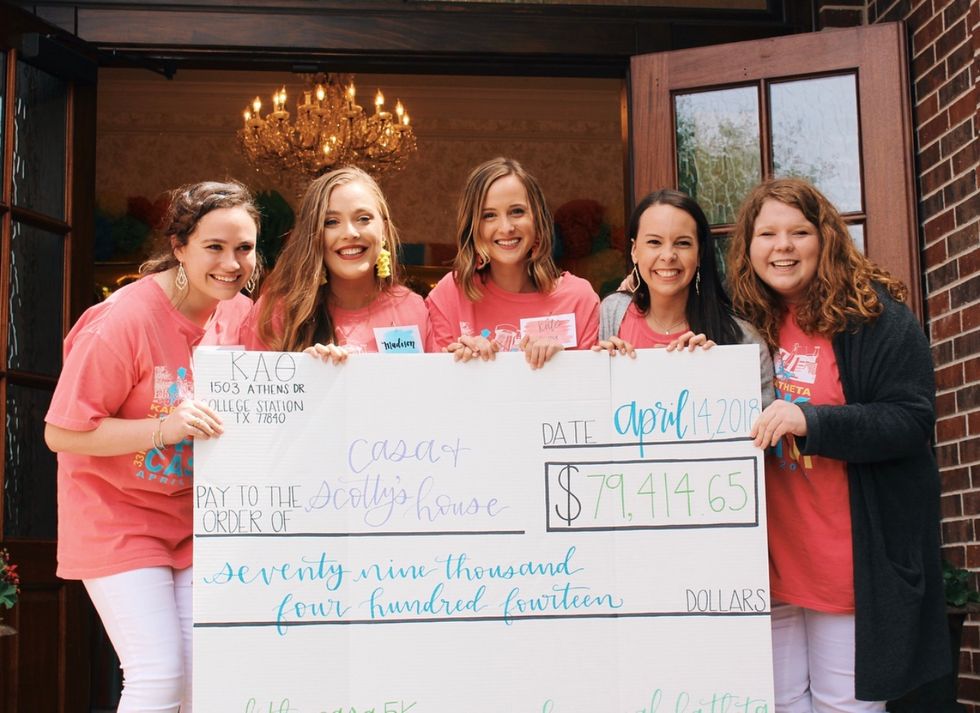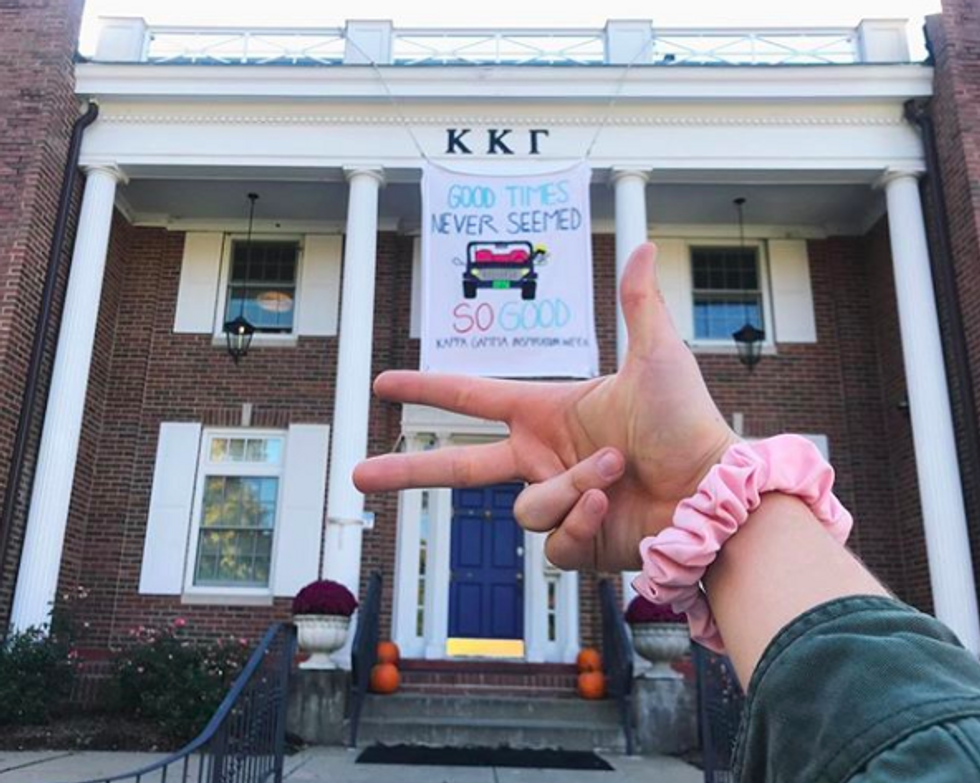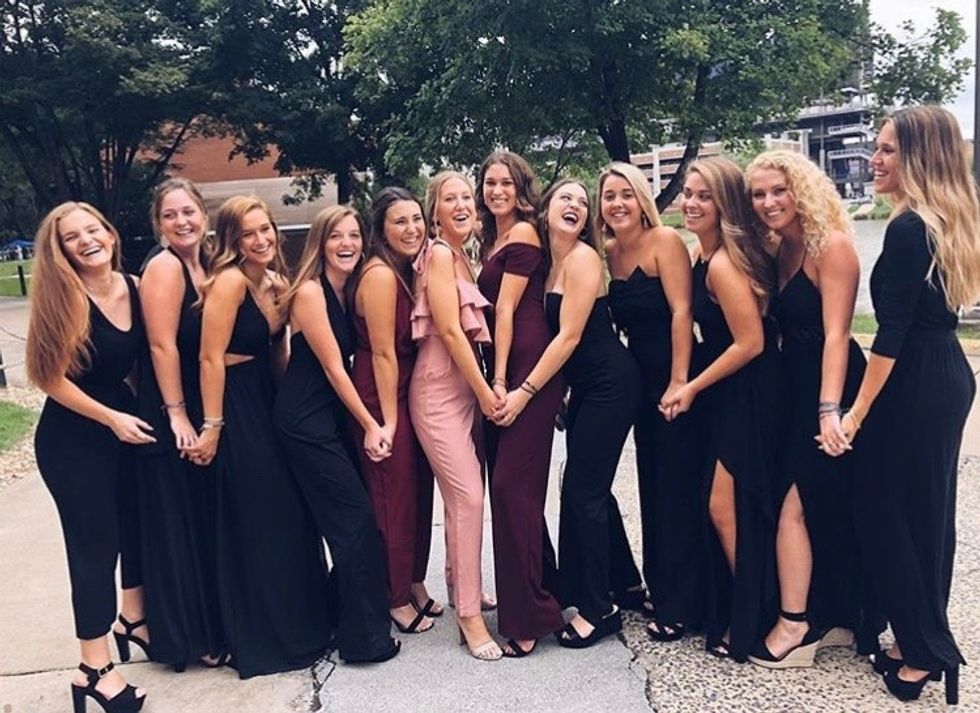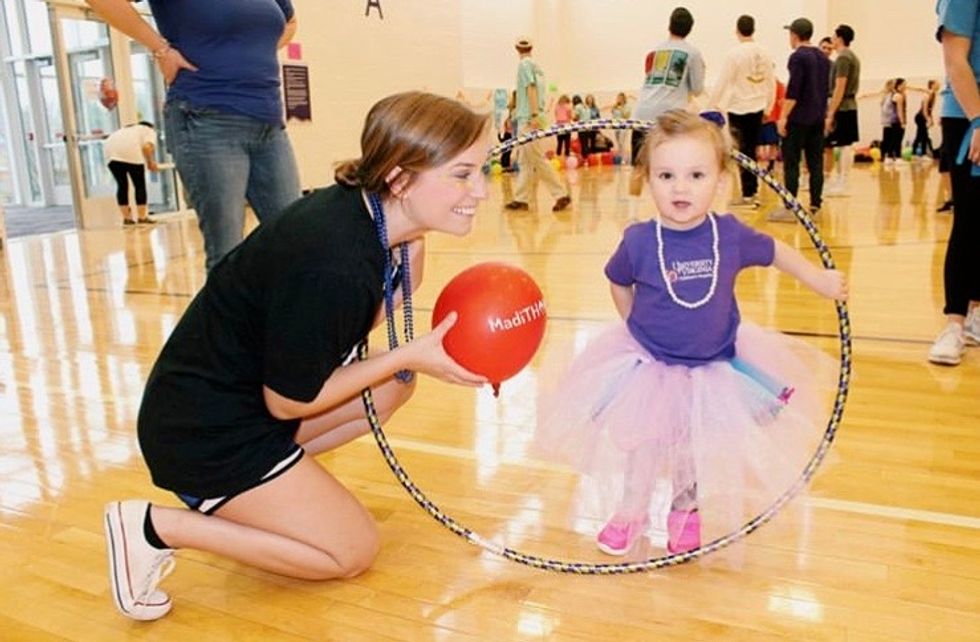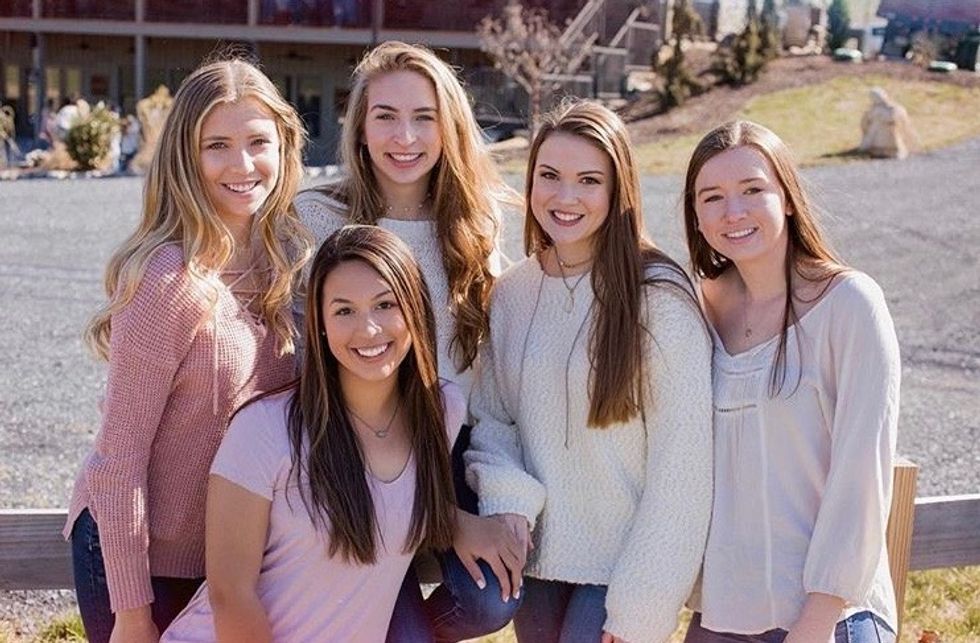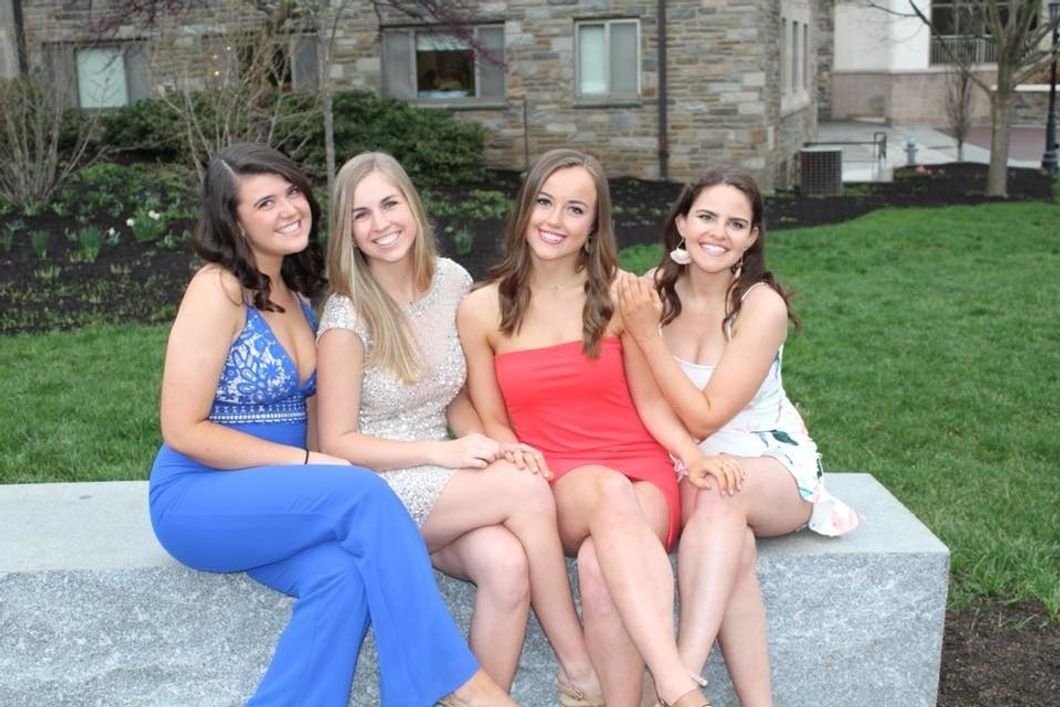Friends Don’t Let Friends Be White Feminists
I am white. I am a feminist. But I try very hard to avoid being a "white feminist."
I'm not sure if you're aware, but it's a humid, grey April afternoon and being a woman comes with extra challenges, to which I definitely did not agree but they were probably in some fine print that I skimmed. Bummer. Anyway, feminism! Feminism's place in 2019 is contested but I am coming from a place of having heard many of the sides, given that, it would be lovely if you would hear my side.
Before I get into this topic, I want to acknowledge the place of privilege from which I come. Look at my fully Irish name, I am white. Believing in social, economic, and political gender equality, I am a feminist. But I try very hard to avoid being a "white feminist." As a student at Texas A&M, a university that sometimes strays into homogeneity in both thought and demographic, I've been noticing a pattern in many conversations concerning gender equality.
The pattern is that of "white feminism."
White feminism is a Western-styled picking and choosing of feminism that entails a set of beliefs tolerating the ignorance of issues that mostly impact women of color.
Contrast this philosophy with intersectional feminism, which recognizes multiple identities and experiences within us, while promoting more united gender equality. Without intersectionality, our essence cannot stand against oppression and stand for equality without acknowledgment of the nuances of different historical struggles. As women, we face difficulties, but not all women face the same oppression and marginalizations — and that cannot be overlooked in narratives.
As far as gendered-based violence goes, the Justice Department estimates that 1 in 5 women and 1 in 71 men will experience rape in the US. However, here's where the necessary nuances come in.
Women and men of color are more likely to experience this form of violence than white women or men. Women and men who are LGBTQ+ are more likely to experience this form of violence than straight women or men. Lower-income women and men are more likely to experience this form of violence than women or men in the highest income brackets.
So, yes, 1 in 5 women and 1 in 71 men are rape victims. But quoting that statistic without disambiguating the data can mislead readers or listeners of the ways that different identities amalgamate into this final number. Essentially, disproportional oppressions exist. All women are at risk for gendered violence, specifically rape, in America, but some are more at risk.
If you need more of an explanation, think of the following analogy. White feminism is to intersectional feminism what #AllLivesMatter is to #BlackLivesMatter. Everyday Feminism contends, "the former's attempt at inclusiveness can actually erase the latter's acknowledgment of a unique issue that disproportionately affects a specific group of people."
If you ever find yourself guilty of white feminism, (I've been there!) know that we are all evolving. As long as you are open to education, we are all on the same side.
Here are three vital steps you can take to make your feminism intersectional!
1. Reflect on yourself.
Reflect on your long-held beliefs based on your perspective alone could not apply to someone else. Reflect on your privileged experiences and acknowledge them for what they are.
2. Think about others.
Once you've figured your internal state out from step one, you ought to look at the experiences of others with the same level of validity as your own. Ethically, feminism focuses on equality. Yes, that means stopping sexism, but it also expands to mean stopping complicated systemic oppressions that affect more than just white women. That said, white feminists are not the enemy in the fight for equality, rather, they are underinformed.
3. Don’t be afraid to grow.
Say you were wrong. There's less shame in it than you think. In fact, I genuinely wish our culture was more forgiving of people who made an honest mistake in their past, but their hearts were/are in the right place.
Allow yourself to move onwards and upwards. We are all works in progress. We are all striving for better versions of ourselves. Intention is everything and your intention should be to always learn.
Intersectional feminism is challenging, like all educations. If you're doing it right, it should force you to think and even make you feel a little bit uncomfortable.
After all, while feminism is here to help, it is not here for your (or my) comfort.


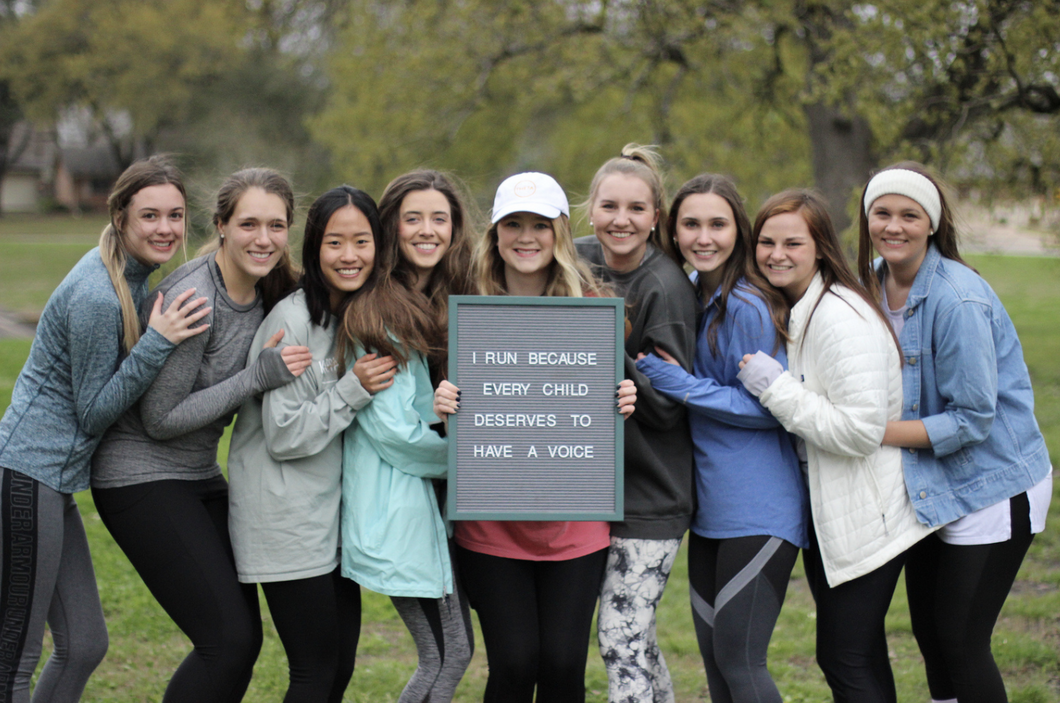
 Happy Return Of Superman GIF by DramaFever - Find & Share on GIPHY
Happy Return Of Superman GIF by DramaFever - Find & Share on GIPHY



